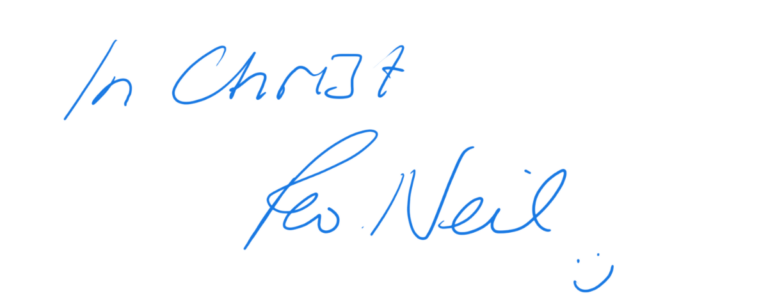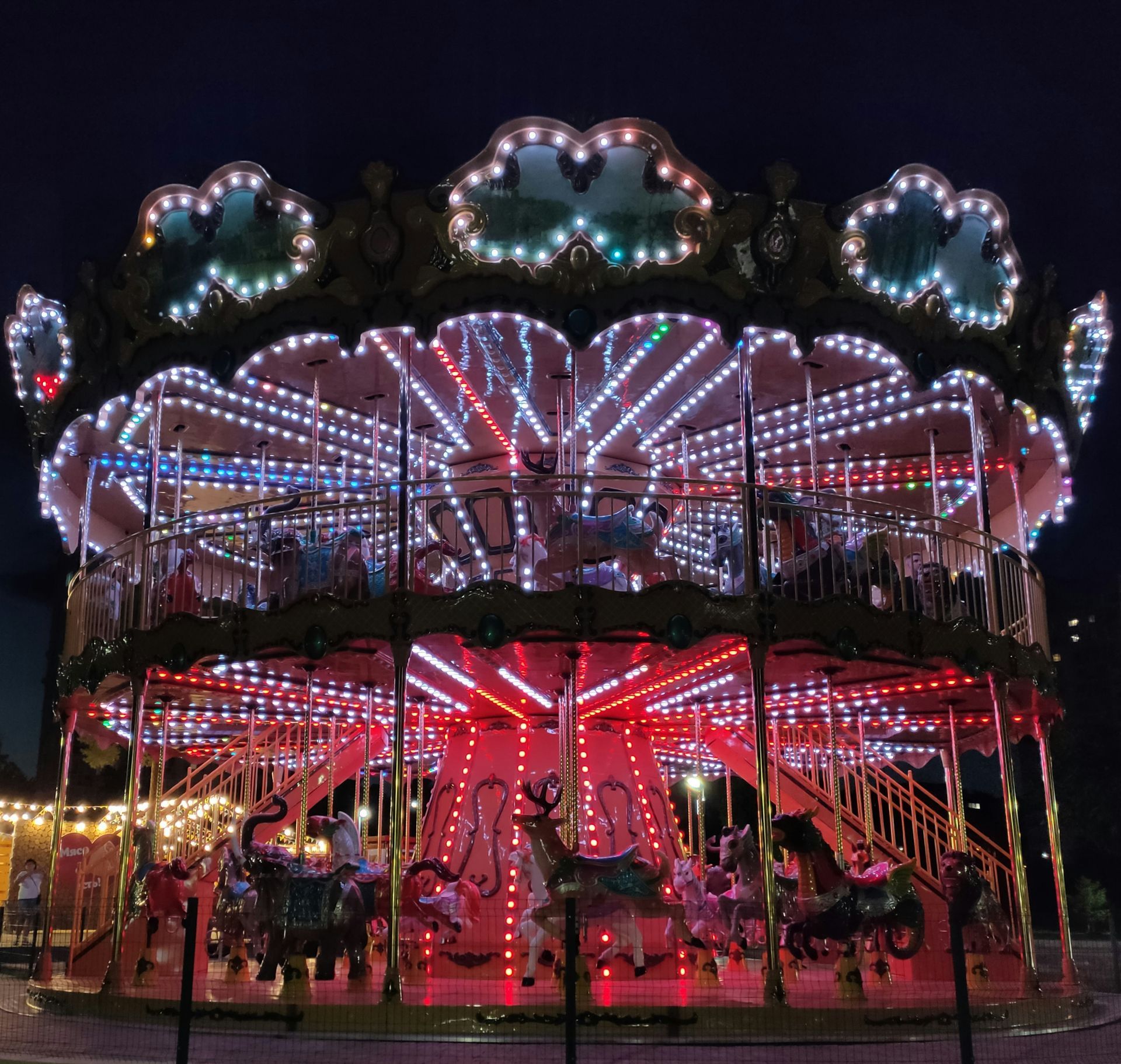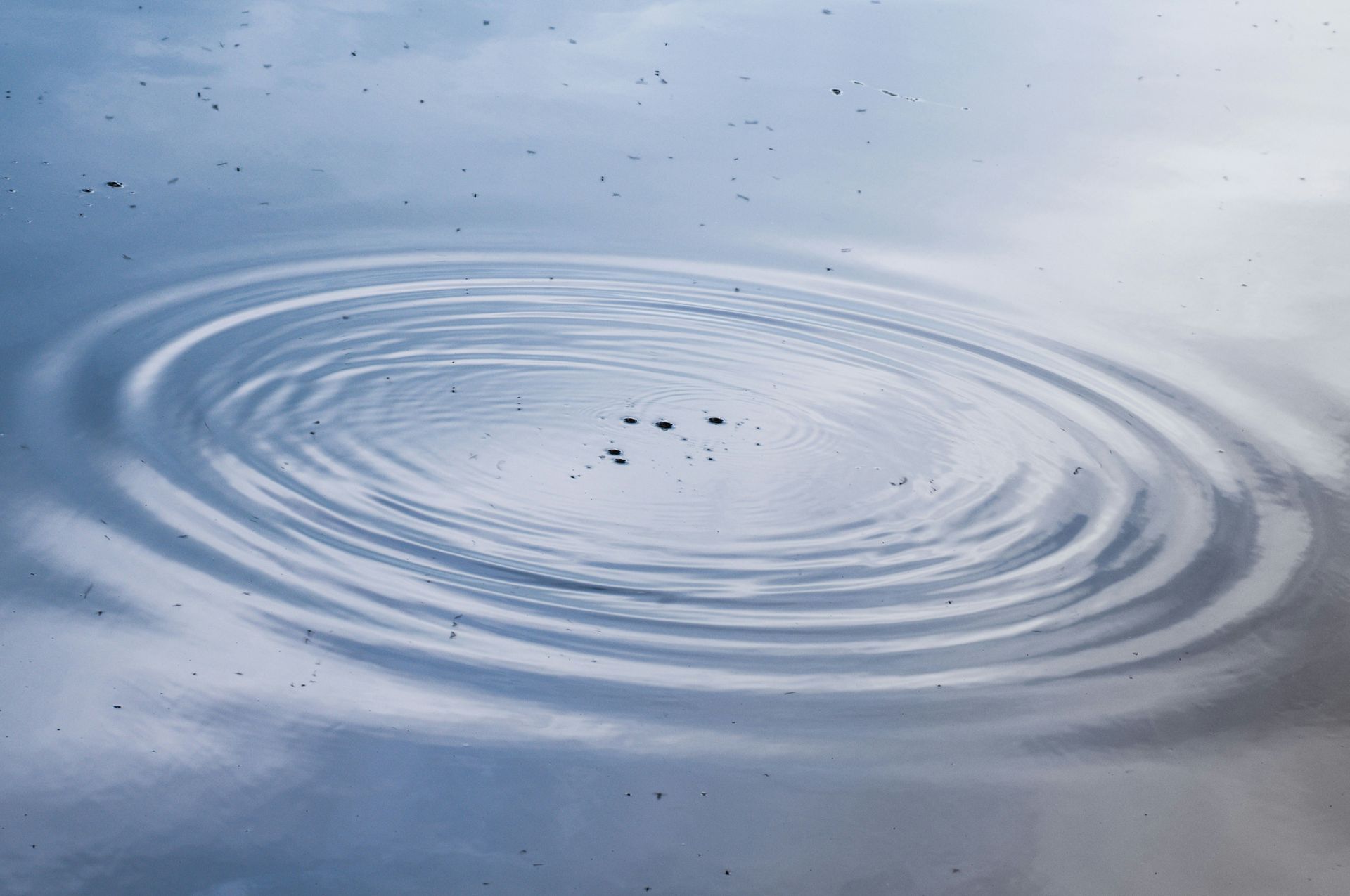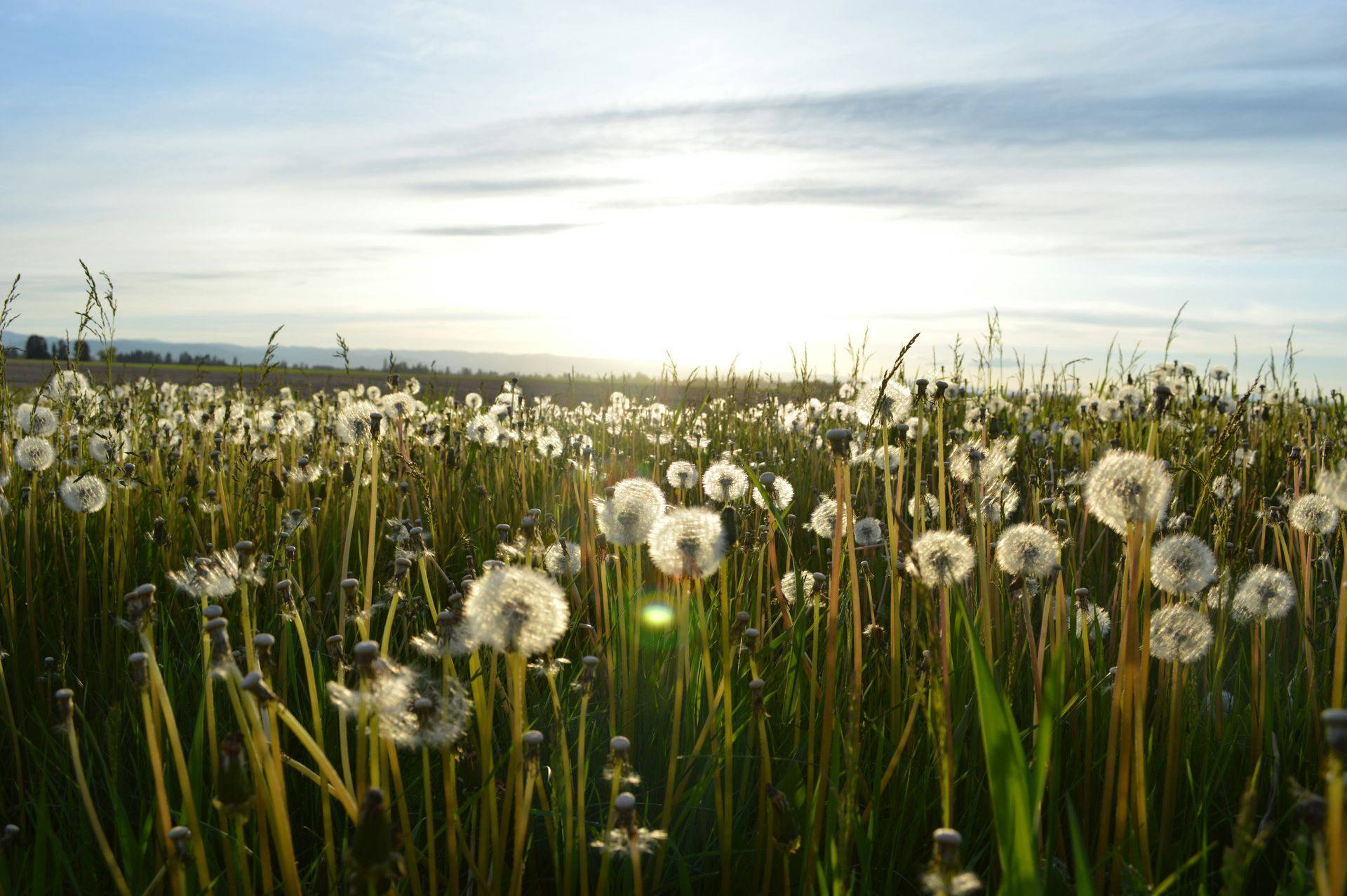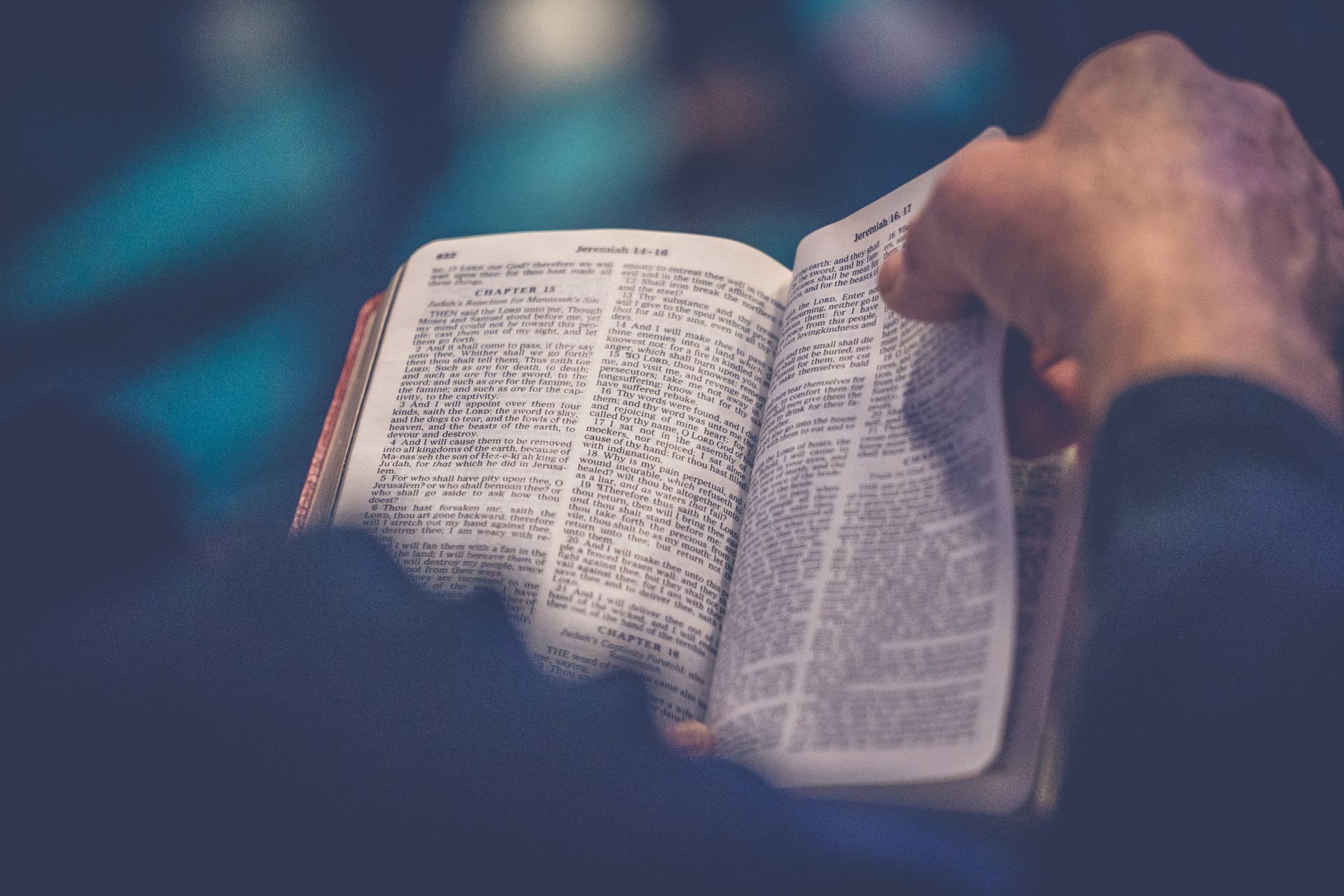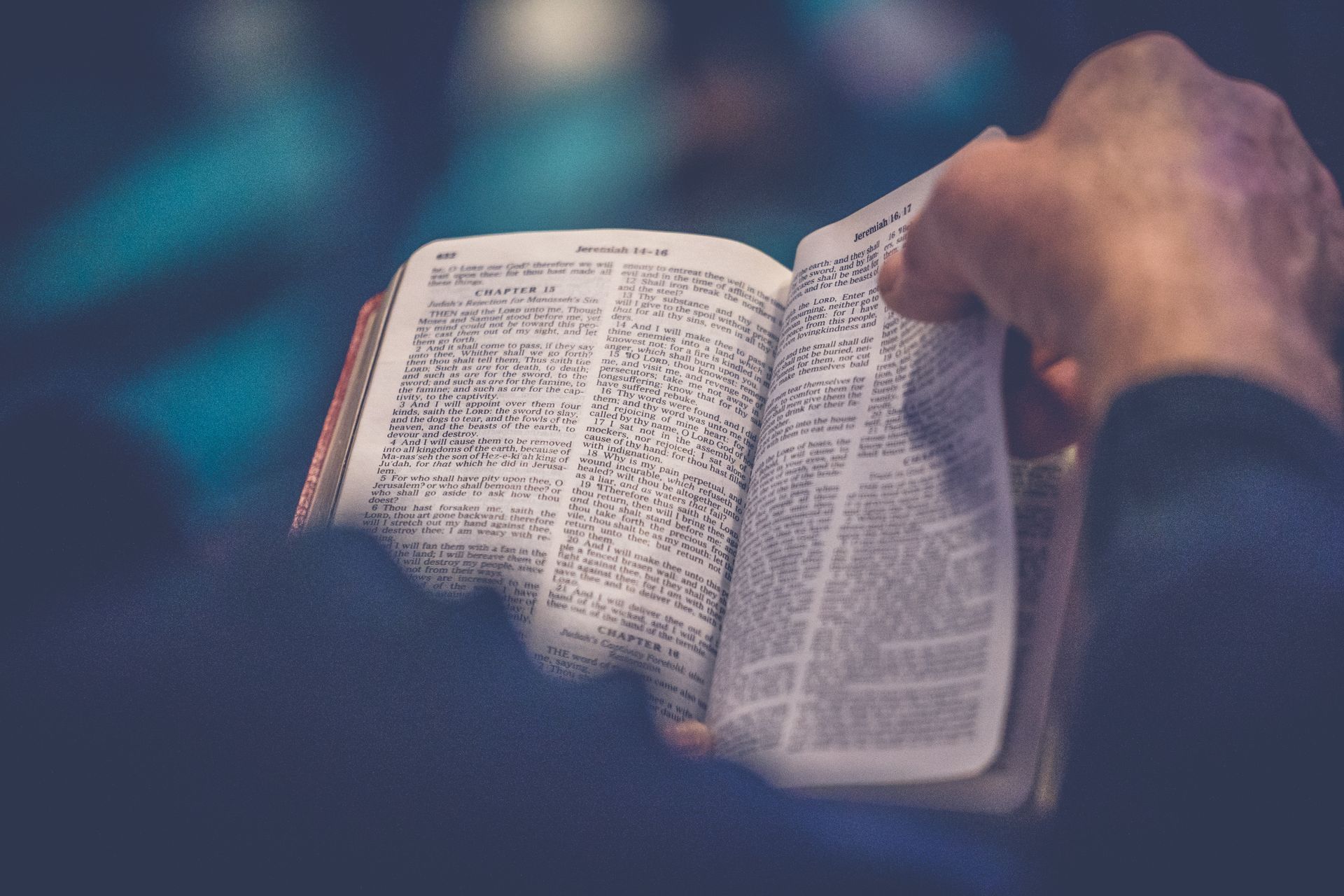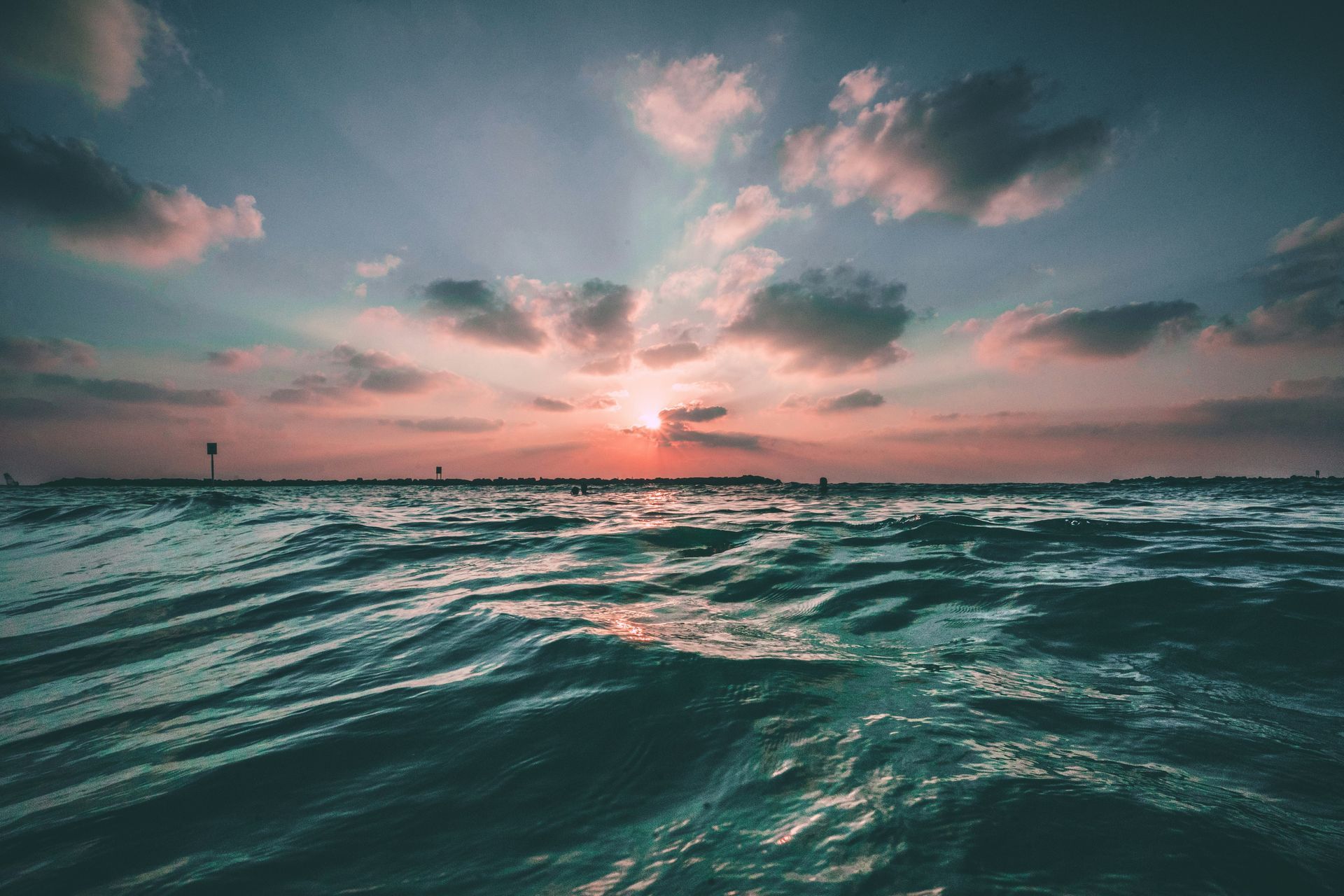By Charlie C. Rose
•
March 5, 2026
SCRIPTURE Isaiah 41:10 So do not fear, for I am with you; do not be dismayed, for I am your God. I will strengthen you and help you; I will uphold you with my righteous right hand. WORDS OF HOPE My first job as a teenager was working at Six Flags Over Texas in Ride Operations, assigned to the Spelunkers Cave. The industry calls this type of amusement park attraction a “dark ride” which takes took you through a long winding trough that tells a story of the mystical, pointy-headed Spelunkers in their daily routines, similar in a way to Disneyland’s Pirates of the Caribbean. Another dark ride is Space Mountain, but it’s a roller coaster set in a dark building. I have ridden it enough that I thought I was pretty familiar plus it isn’t terribly fast, I recalled from my dozen or so rides before. Then there was the time my then-partner and I had travelled to France. We had the opportunity to go to Disneyland Paris. We were not really roller coaster people , but I talked him into Space Mountain, because what could be different from its American counterpart? We had boarded and got buckled in when I noticed the sign saying this is a roller coaster-type ride in the dark with high-speeds, sharp turns, and corkscrew twists. I thought “High Speed. Oh no.” I turned to apologize for the mistake that was about to happen. I managed to barely get out the words “I am so sor...” as our heads were plastered against the seats as it took off into the dark; zero to 60mph in 4 seconds; now a completely new experience, with no clue about what happens next. Life is sometimes like that, whether at home, or work, or with new people. Of course, we survived the afternoon, better or worse, nauseated, mostly in the rain, which didn’t help him forgive me any sooner. It was trial and error with good intentions, lessons learned. We later found Pirates of the Caribbean was much more our speed, but I had some convincing to do this time to gain back his trust since this adventure was a safe, cute, traditional storybook pirate story, transporting us back in time, up a waterfall, canon firing, villages pillaged, and ending with no nausea. Mission accomplished. No matter how you view going into the dark unknown, you always have a choice. Sometimes yes, sometimes no. You may choose to stay in the darkness or walk into the light. You can take a chance and be optimistic for a rewarding new life-adventure or stay the same with the old and familiar. Generally, most of us prefer the safe and familiar, or at least the reassurance that we won’t be too worse for the wear if we take risk walking (or riding) into the dark. Lent is a good time to consider that kind of walk, that walk of faith. What do you do in your life? Do you walk in faith? I invite you to be present in this moment wherever you are today in your life’s journey. Are you ready? Deep breath, eyes open, and let’s take one step forward and say this aloud: “Here we go!” PRAYER Loving God, there are so many times I’ve begun again and again, repeating the same mistakes, forgetting what I’ve learned. Today, I invite you to guide me on the next part of my journey, however dark and unknown it may seem, because you provide the light I need to see me through to a successful end; to grow in faith with you. Amen. DEVOTION AUTHOR Charlie C. Rose Order of St. Francis and St. Clare
